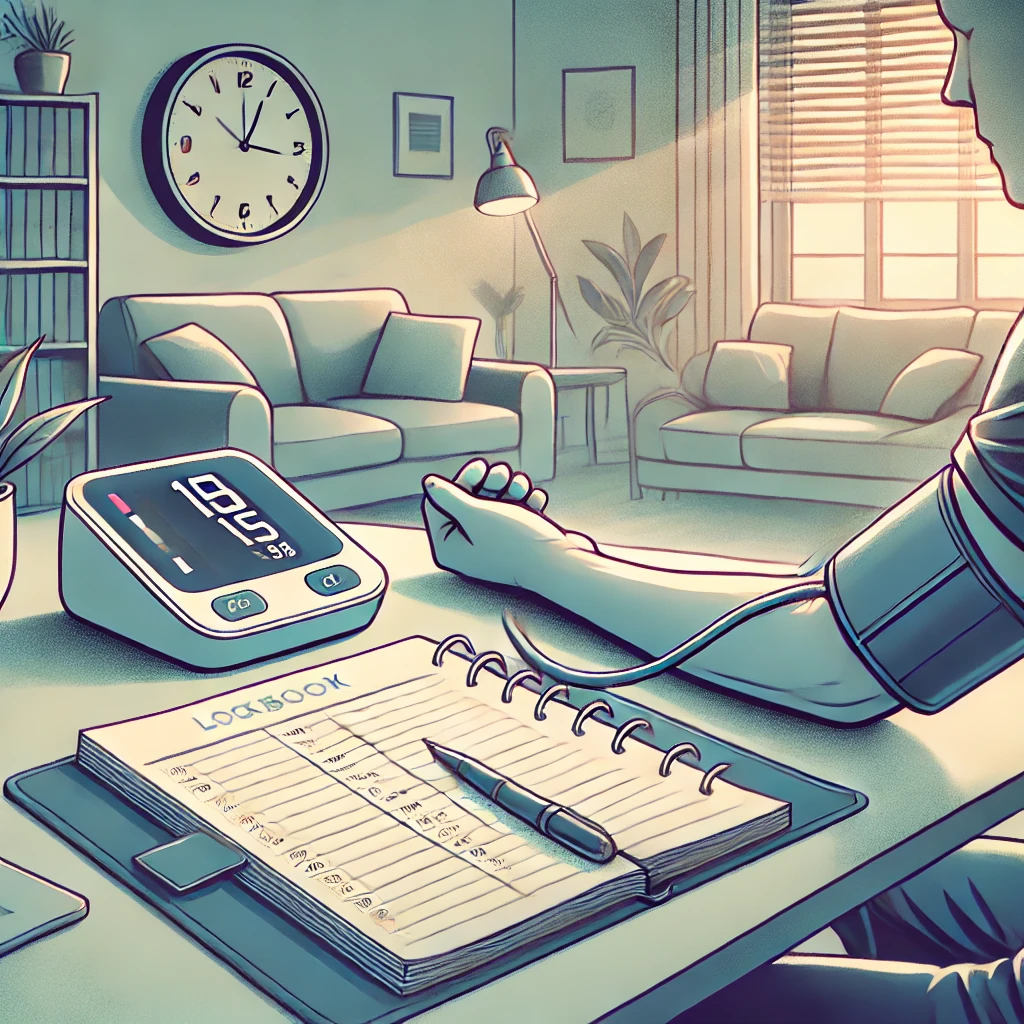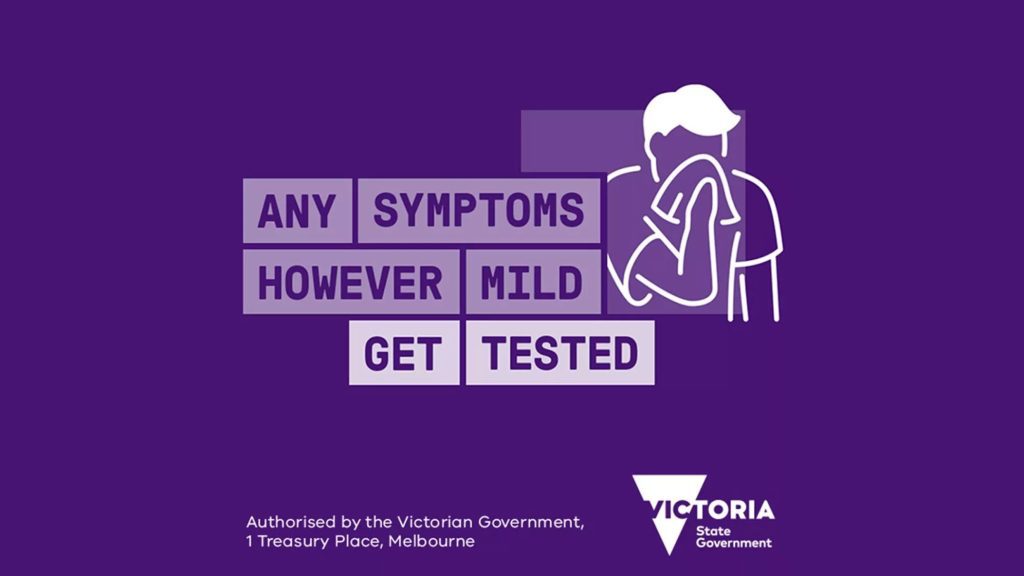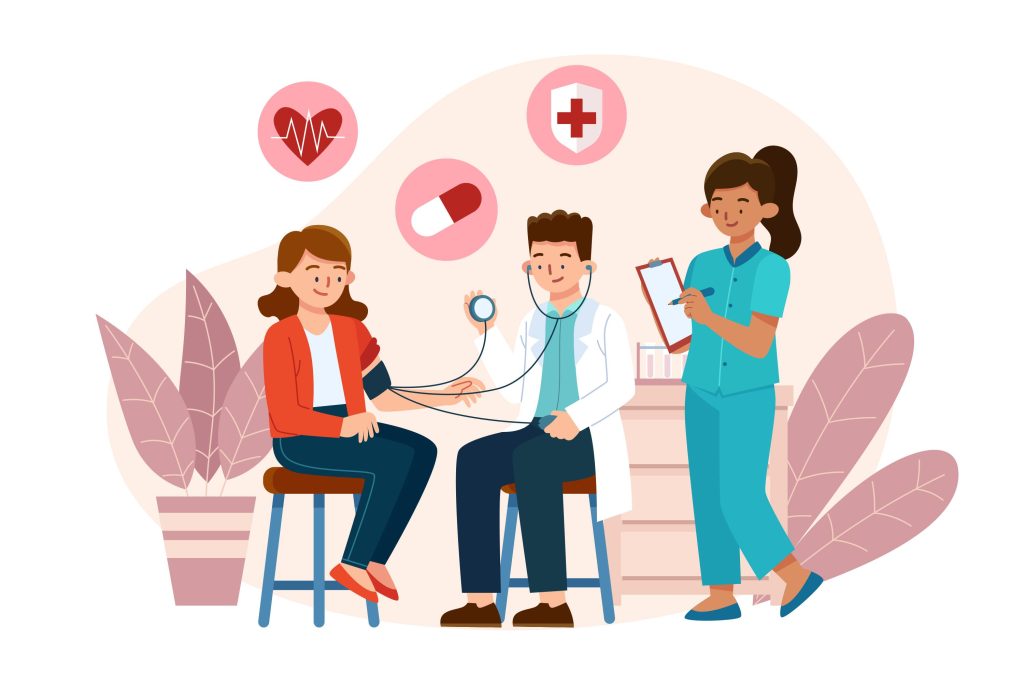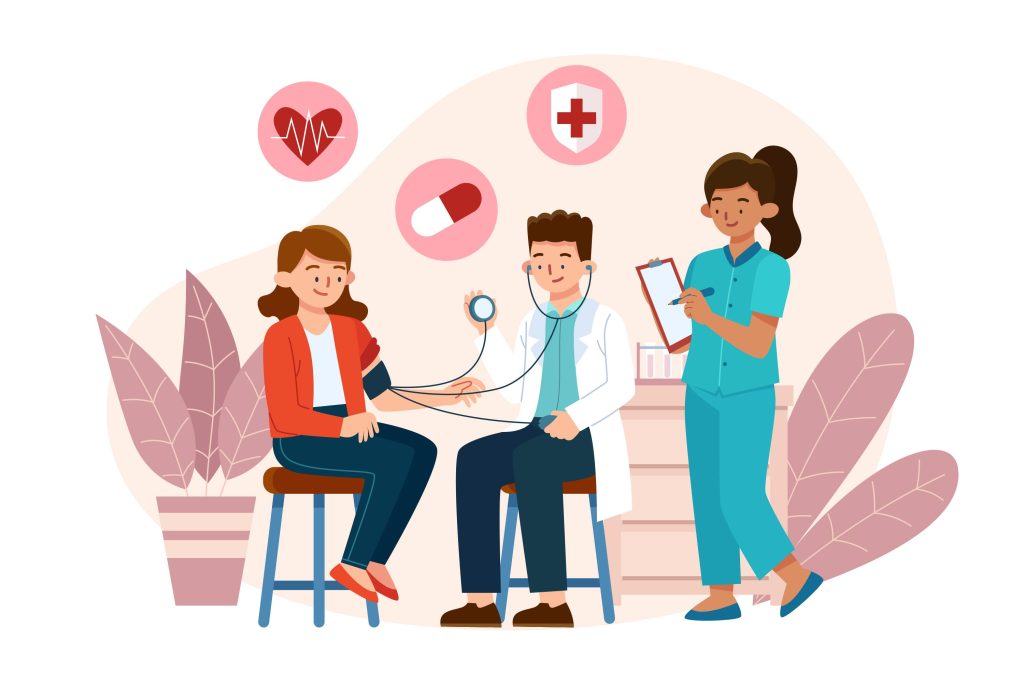Understanding Stress
Stress is actually a natural test that can be taken in certain conditions or stressful situations. Fully understandable and can be provoked by work stress, family problems, financial issues, and so on. Although experiencing a certain level of stress is normal and can be helpful, this chronic stress becomes detrimental to one’s mental and physical health. It goes without saying that you must know how to handle stress to keep your health in check.
Tips for Effective Stress Management
Managing stress involves a combination of self-care strategies and professional support. Here are some practical tips you can implement in your everyday life to help manage stress:
Practice Mindfulness
Cognitive techniques include activity in the kind of meditation or deep breathing that would help in reducing anxiety. Spend just five or ten minutes of your day practicing mindfulness.
Stay Active
Chronic exercising can actually help shed stress to a large extent. You should try to perform at least thirty minutes of some sort of exercise for most of the weekdays. This could be anything from walking, yoga, and even aerobics.
Get Enough Sleep
Enters stress reduction; Taking enough sleep is considered vital for managing stress. Sleep hygiene involves getting into a habit of going to sleep at a certain time and creating the right environment for sleep.
Maintain a Healthy Diet
Consumption of healthy foods will serve to enhance your mood and energy levels, something that should be true for any diet. When planning the diets for the day, one should attempt to eat fruit, vegetables, grains, and lean meats.
Connect with Others
Talking it out with friends and or family, joining support groups is helpful too. If you are stressed don’t wait to call your loved ones or friends to help you out.
Set Realistic Goals
Before starting the process, divide it into parts, and put priorities in order. Since the main problem of creating goals is the creation of unnecessary stress, people should set their goals according to certain realistic and achievable criteria.
Take Breaks
Breaks at work or during other activities can restore energy in the human brain. And something like walking for a few hours, a walk around the office, or five or ten minutes of stretching prior to work or during work breaks can do wonders.

How Your GP Can Help
Your General Practitioner (GP) is often your first point of contact for health concerns, including mental health. Here’s how your GP can support you in managing stress:
Assessment and Diagnosis
Your GP can assess your stress levels and identify any underlying mental health conditions, such as anxiety or depression, which may be contributing to your stress.
Personalized Stress Management Plans
Based on your individual needs, your GP can create a tailored stress management plan that includes lifestyle changes, coping strategies, and possibly referrals to other health professionals.
Medication
In some cases, medication may be necessary to help manage symptoms of anxiety or depression. Your GP can discuss the options with you, ensuring you understand the benefits and potential side effects.
Referrals to Mental Health Services
If needed, your GP can refer you to mental health specialists, such as psychologists or counselors, who can provide more targeted support.
Follow-Up Care
Regular follow-up appointments with your GP can help monitor your progress and make any necessary adjustments to your treatment plan.
Support in Lifestyle Changes
Your GP can provide guidance on lifestyle modifications that can help reduce stress, such as diet, exercise, and sleep hygiene.


Central Health Clinic’s Mental Health Services
At Central Health Clinic, we understand the importance of mental wellbeing and the challenges that stress can bring. Our dedicated team is here to support you through a range of mental health services designed to help you manage stress effectively.
Individual Counseling
Our qualified counselors provide one-on-one sessions tailored to your specific needs, helping you develop coping strategies and address the root causes of your stress.
Group Therapy
Sometimes, sharing your experiences with others can be incredibly beneficial. Our group therapy sessions provide a safe space for individuals to connect and support each other.
Workshops and Seminars
We regularly host workshops focused on stress management techniques, mindfulness practices, and other mental health topics to empower our patients with knowledge and skills.
24/7 Support
We offer helplines and resources for immediate support, ensuring that you can reach out whenever you need assistance.
Integrated Care
Our team works collaboratively with GPs and other healthcare providers to ensure you receive comprehensive care that addresses both your physical and mental health needs.
If you’re feeling overwhelmed by stress or struggling with your mental health, we encourage you to reach out to your GP or contact Central Health Clinic directly. Taking the first step toward seeking help is essential for your mental wellbeing.
Conclusion
Managing stress is crucial for your overall health and happiness. By implementing effective stress management strategies and seeking support from your GP, you can take significant steps toward improving your mental wellbeing. Remember, you are not alone in this journey, and resources like Central Health Clinic are here to support you every step of the way. Don’t hesitate to reach out for help—your mental health matters.






